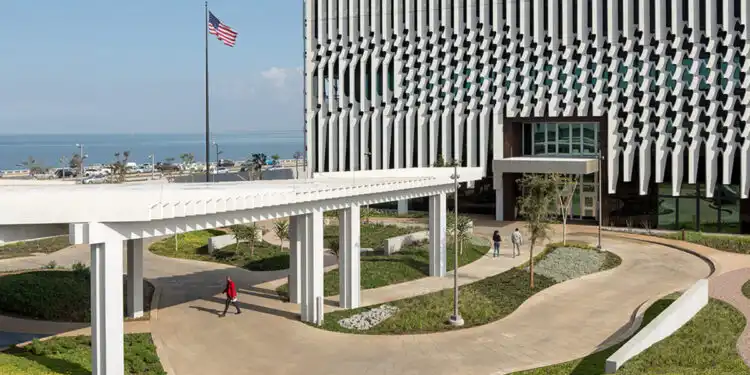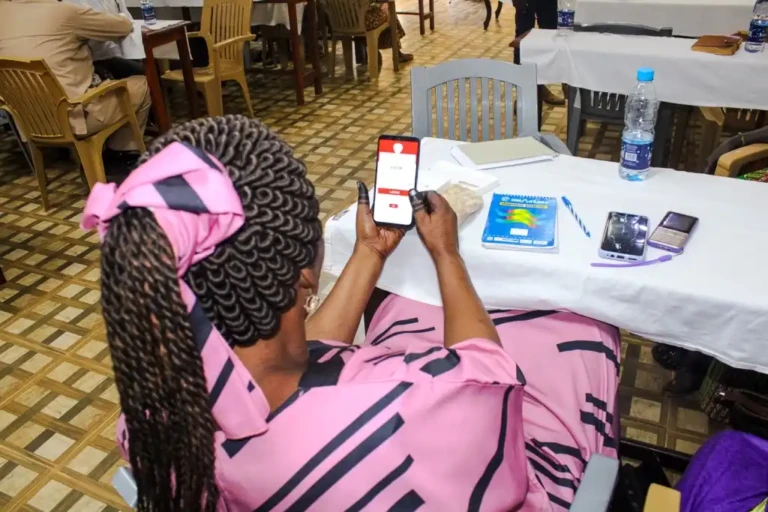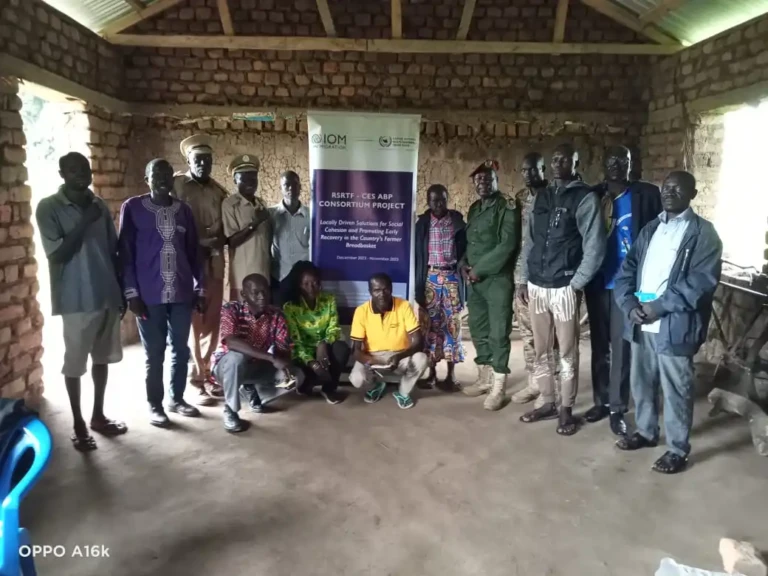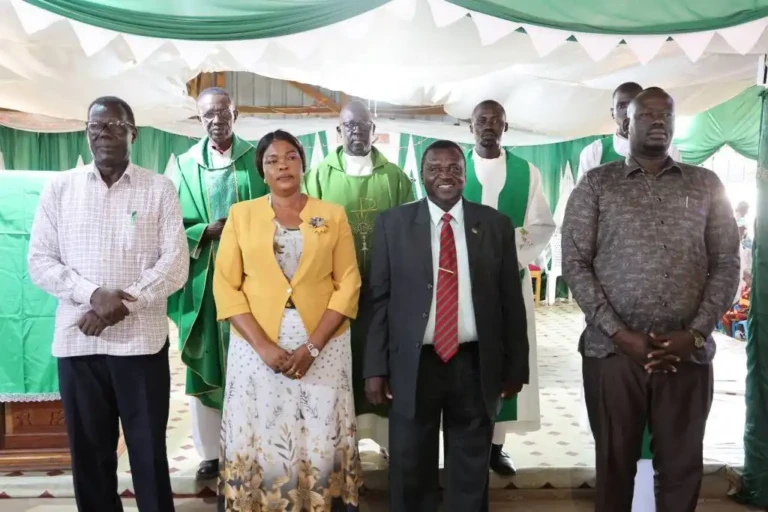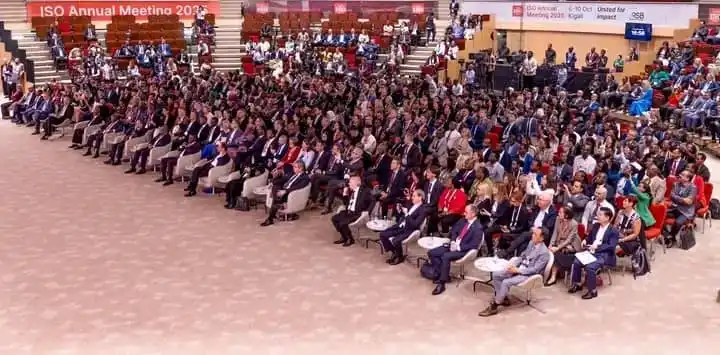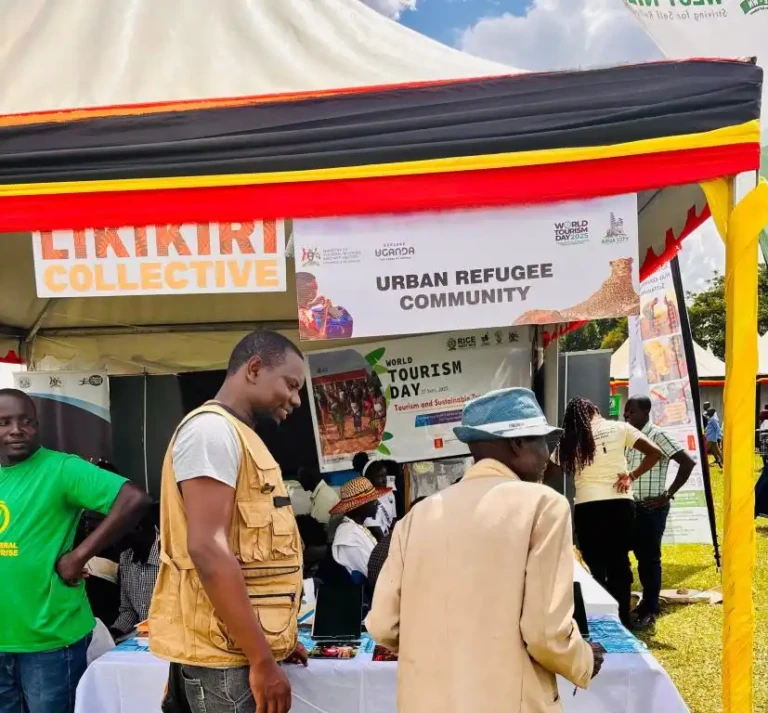
Photo: Ministry of ICT and Postal Services, Republic of South Sudan
(Juba) – The government of South Sudan has approved over $9 million USD (approximately 63 billion South Sudanese Pounds at the parallel market rate of 1 USD = 7,000 SSP) to begin the design phase of a nationwide fibre optic infrastructure project.
The decision was made during a meeting of the national steering committee for the fibre optic implementation project, chaired by the Deputy Minister of Information, Communication Technology and Postal Services, David Yauyau.
The announcement was made public on Friday by the Undersecretary for Telecommunications, Thomas Gatkuoth Nyak, who said the funds will enable the country to move forward with phase two of the project, which involves planning and technical design.
This phase marks a critical step in building South Sudan’s digital backbone, a long term goal of improving internet access and connectivity across the country.
Abraham Mach, the project coordinator, confirmed that following the approval of the budget, the next step will be the signing of formal agreements with engineering companies and technology experts.
These contracts will be signed in July 2025, officially launching the technical preparation for laying the fibre optic cables.
The project is part of South Sudan’s digital transformation strategy aimed at modernising the country’s communications infrastructure, reducing dependency on satellite internet and lowering connectivity costs.
If completed, the fibre optic network is expected to boost government services, education, business, and media access in both urban and rural areas.
Although the funding allocation represents a significant investment, officials have not yet announced the expected completion date for the full rollout of the fibre optic network.
Public concern remains around transparency, given the size of the budget, and whether the implementation will meet the growing demand for reliable internet, especially among South Sudan’s youth and small businesses.
Officials say the project will also create jobs and build technical skills for local engineers, contributing to national development goals.
However, they also acknowledge challenges such as security risks in some regions, limited domestic technical capacity, and the need for strong oversight.
Discover more from Access Radio Yei News
Subscribe to get the latest posts sent to your email.

